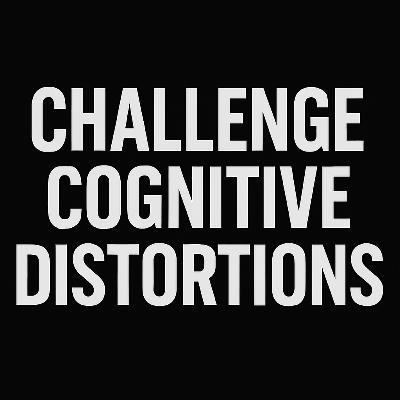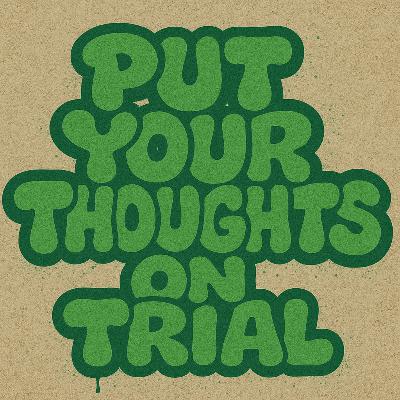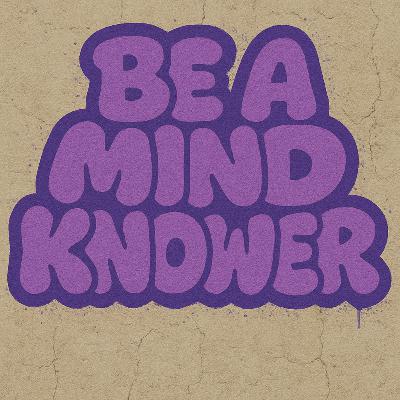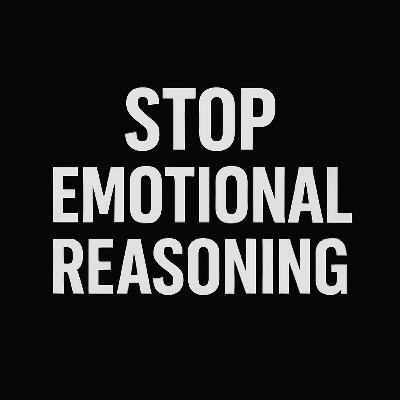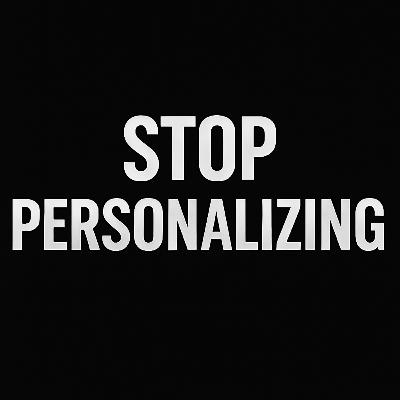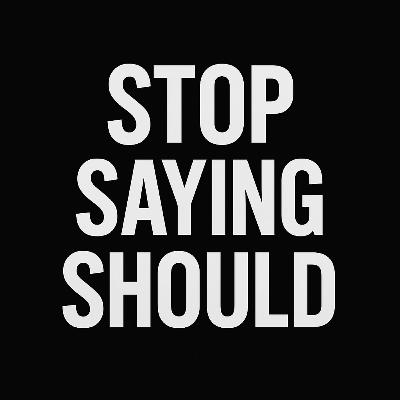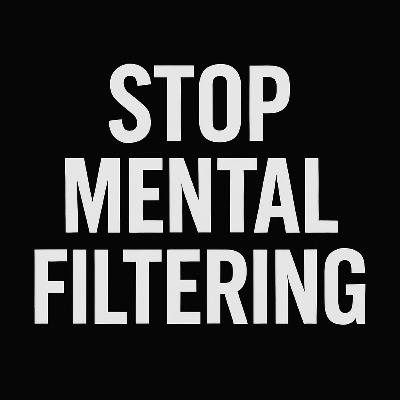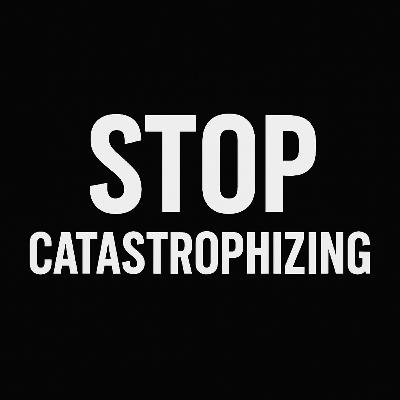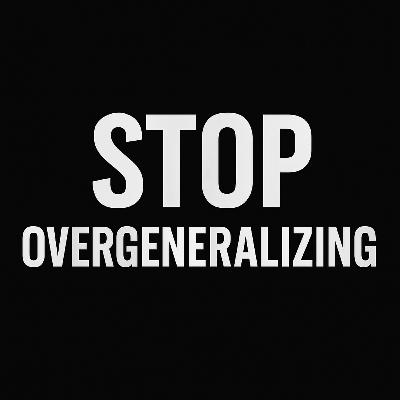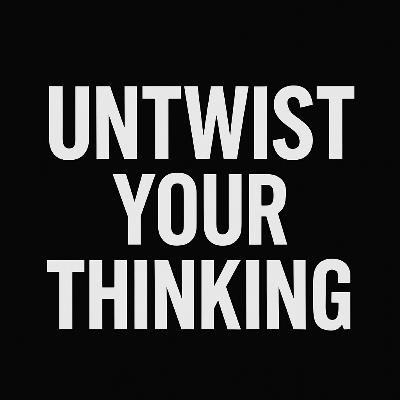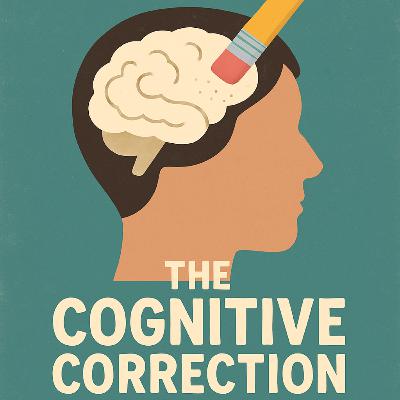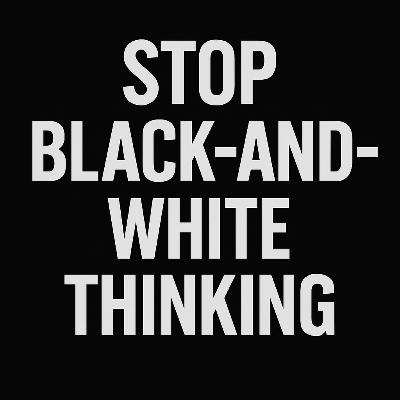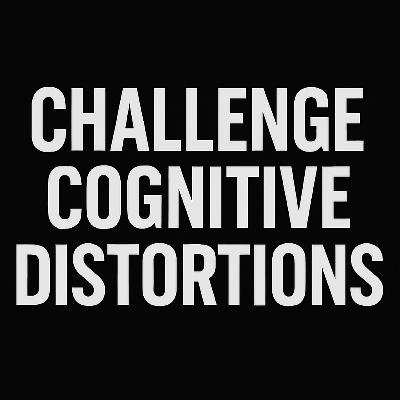Understanding and Challenging Cognitive Distortions
Description
The source material describes a Cognitive Behavioral Therapy (CBT) workbook designed to help individuals manage depression and other related issues. It outlines the structure of the therapy, which typically involves weekly phone sessions and at-home exercises to reinforce learned skills. The workbook introduces the core principle of CBT: that our thoughts, feelings, and behaviors are interconnected, and changing one can impact the others. Subsequent sections focus on specific strategies, including identifying and scheduling pleasant activities, monitoring and challenging unhelpful automatic thoughts, improving social support, managing anger, and addressing sleep problems. The material emphasizes practicing these techniques and tracking progress through exercises and diaries to achieve and maintain mental well-being.
Sources:
10 Cognitive Distortions That Can Ruin Relationships - Psych Central
15 Common Cognitive Distortions
Beating Depression: Cognitive Behavioral Therapy Patient Workbook | Prism
CBT for Cognitive Distortions - Cognitive Behavioral Therapy Los Angeles
Cognitive Distortions Handout
Confronting Cognitive Distortions
Historical language records reveal a surge of cognitive distortions in recent decades
How to Break the Self-Defeating Habit of Negative Labels | Psychology Today
Millie Health Blog Labelling & Mislabelling
The Power of Self-Labels: Examining Self-Esteem Consequences for Youth with Mental Health Problems - PubMed

